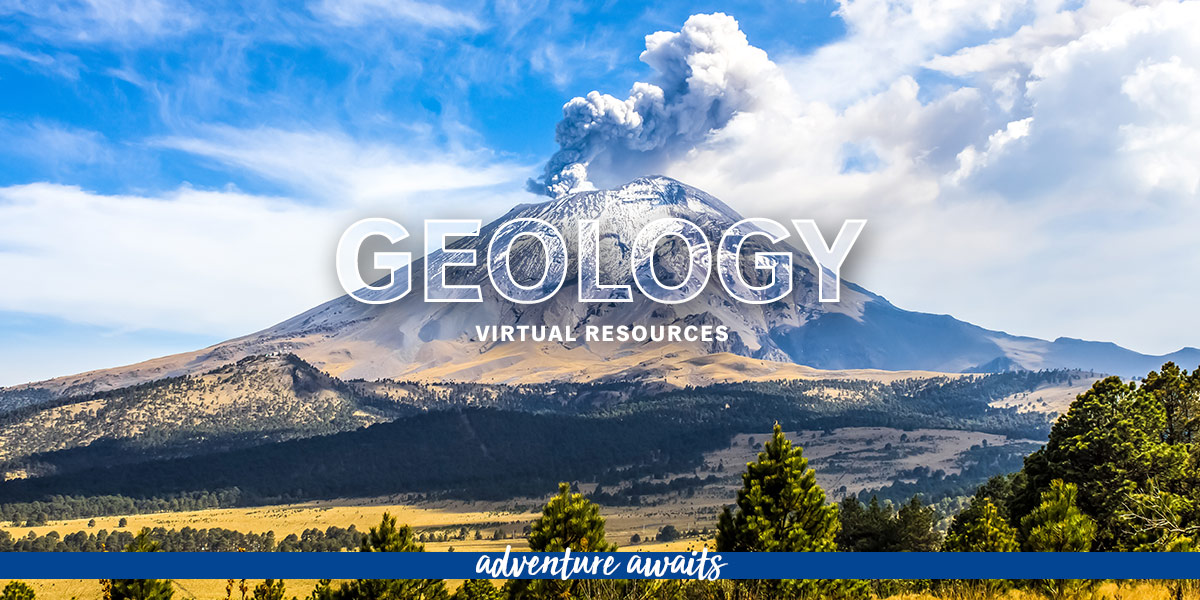Oceanography
Oceanography is the study of ocean events, history, and the current and future condition of our oceans. From marine life and ecosystems to the geology of the seafloor, this unique and fascinating field is as diverse as the oceans themselves.
- Ocean Formation: First, picture the world without its big blue seas. Then, learn more about the various ways our oceans may have been formed with this short video from National Geographic.
- Tsunamis: Ever wondered how tsunamis form? Uncover what happened following the Japanese earthquake of 2011 and learn about the worldwide impact of these giant walls of water.
- Ocean Floor: Discover the different features found on the ocean’s floor and how they affect what happens above sea level.
Volcanoes
Volcanoes, both active and dormant, can be found across the globe. Some eruptions in our history have had especially large effects on surrounding populations, while other eruptions have created new landforms on our planet’s surface.
- Mount Vesuvius: Learn more about the infamous eruption of Mt. Vesuvius in 79 A.D., in addition to eight other major eruptions over the last 17,000 years.
- The Ring of Fire: What is the Ring of Fire, anyways? Check out this article on the underwater volcanoes that stretch from Japan all the way to New Zealand.
- Volcanoes 101: Watch this video to learn about volcanic eruptions, different types of volcanoes, and some beneficial impacts eruptions create for the earth.
Paleontology
Paleontology, or the study of the history of life on Earth, uses fossilized plants and animals to determine what organisms once walked, crawled, swam, flew, or grew on the planet.
- Archaeopteryx: Discovered in 1860, archaeopteryx is considered a transitional fossil between dinosaurs and the birds we know today. Check out this article to learn more about the first fossil found in Germany!
- Pangea: Scientists believe Earth’s continents form a single landmass, or supercontinent, once every several hundred million years. Pangea, formed approximately 299 million years ago, is known as the “mother of all supercontinents.”
- Where Fossils are Found: Looking to up your odds when it comes to finding a fossil of your own? Find out where most fossils are found.

